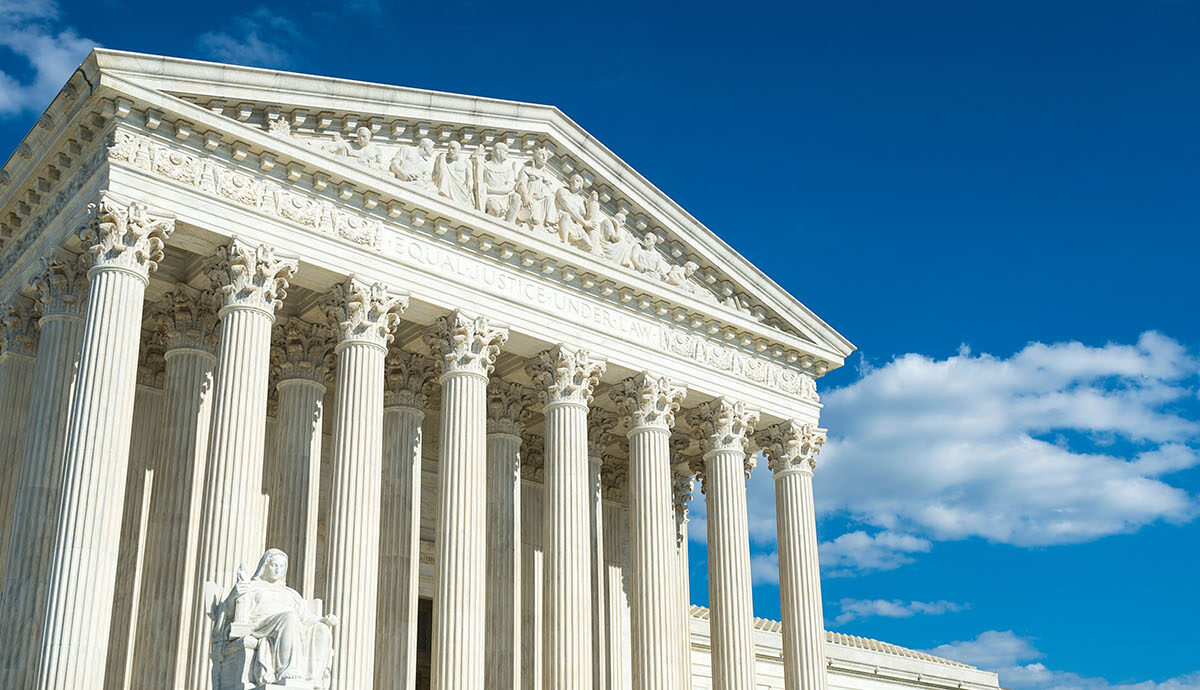June 15, 2023
Supreme Court upholds constitutionality of the Indian Child Welfare Act (ICWA)
NEWS
For over two years, we have provided information and updates about the Haaland v. Brackeen case as it made its way from the Fifth Circuit Court of Appeals to the Supreme Court. This case challenged the constitutionality of the Indian Child Welfare Act (ICWA).
The 7-2 Supreme Court decision is an enormous victory for Native children, Native families, and Tribal Nations. Through the Court’s decision, ICWA has been affirmed as constitutional and tribal sovereignty, further strengthened all while placing the best interest of Native children above all others in ICWA cases. This ruling supports the work that Tribal Nations have done over decades to ensure that Native children remain with or connected to their families, Nations and culture throughout their lives.
The Indian Child Welfare Act (ICWA) of 1978 is a federal law that recognizes tribal sovereignty and governs jurisdiction over the removal of Native American (Indian) children from their families. Under ICWA, foster care placement and termination of parental rights proceedings in state courts must undertake special processes and considerations for any “Indian child,” which ICWA defines as “any unmarried person who is under age eighteen and is either (a) a member of an Indian tribe or (b) is eligible for membership in an Indian tribe and is the biological child of a member of an Indian tribe.” ICWA applies to every Native American child that is served by a CASA/GAL program, and CASA/GAL volunteers supporting Native children need to look out for the special issues that arise in these cases.
This Supreme Court ruling affirms that ICWA is a binding federal law, reinforcing ICWA’s safeguarding of children’s rights and protecting the rights of Tribal Nations to be involved in child welfare matters involving their members.
Justice Amy Coney Barrett delivered the Court’s majority opinion. Justice Neil Gorsuch delivered a concurring opinion in which he stated, “Often, Native American Tribes have come to this Court seeking justice only to leave with bowed heads and empty hands. But that is not because this Court has no justice to offer them. Our Constitution reserves for the Tribes a place—an enduring place—in the structure of American life. It promises them sovereignty for as long as they wish to keep it. And it secures that promise by divesting States of authority over Indian affairs and by giving the federal government certain significant (but limited and enumerated) powers aimed at building a lasting peace. In adopting the Indian Child Welfare Act, Congress exercised that lawful authority to secure the right of Indian parents to raise their families as they please; the right of Indian children to grow in their culture; and the right of Indian communities to resist fading into the twilight of history. All of that is in keeping with the Constitution’s original design.”
For more information about ICWA please visit the National Indian Child Welfare Association or about the Supreme Court decision please visit National Public Radio.
